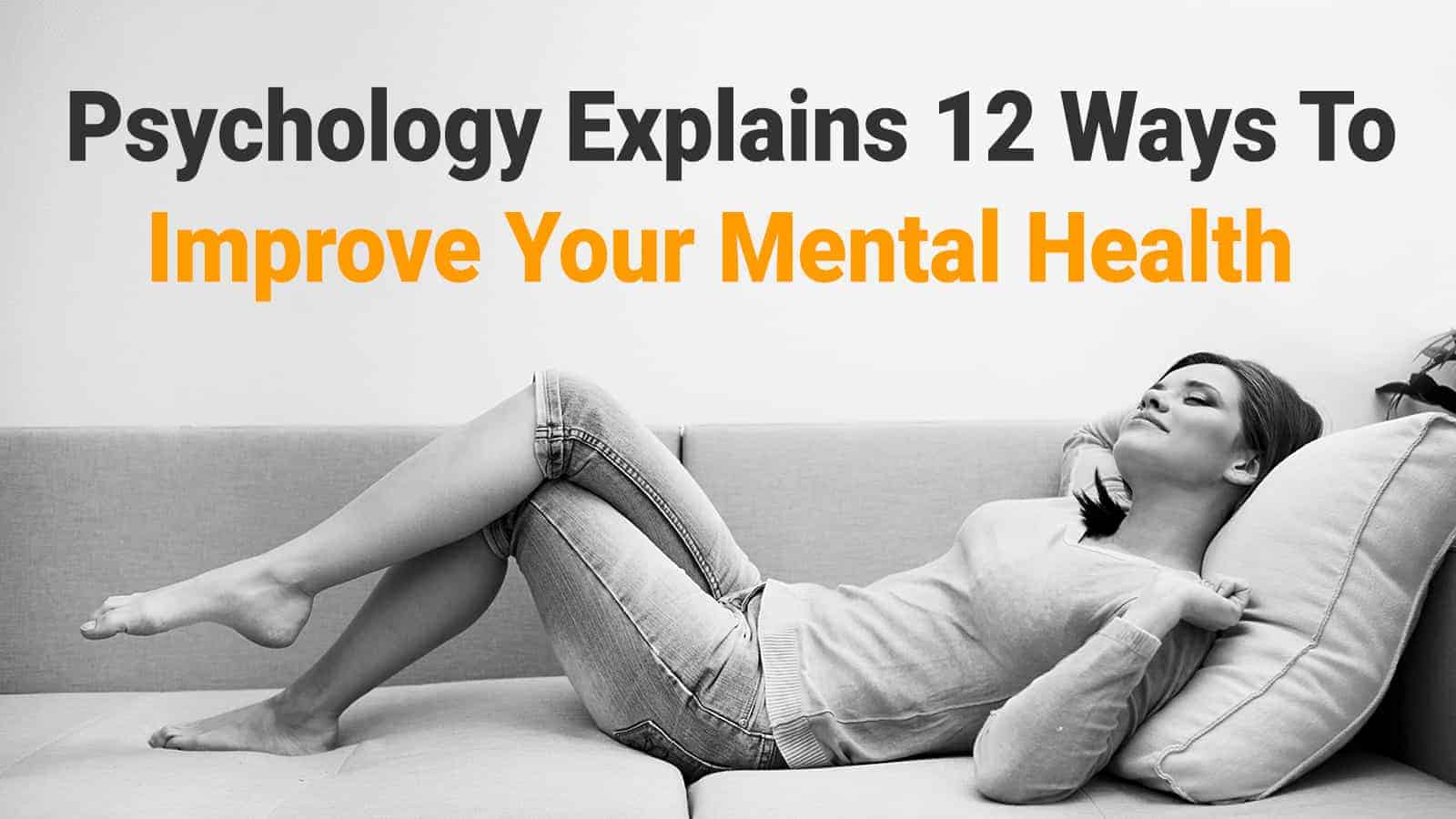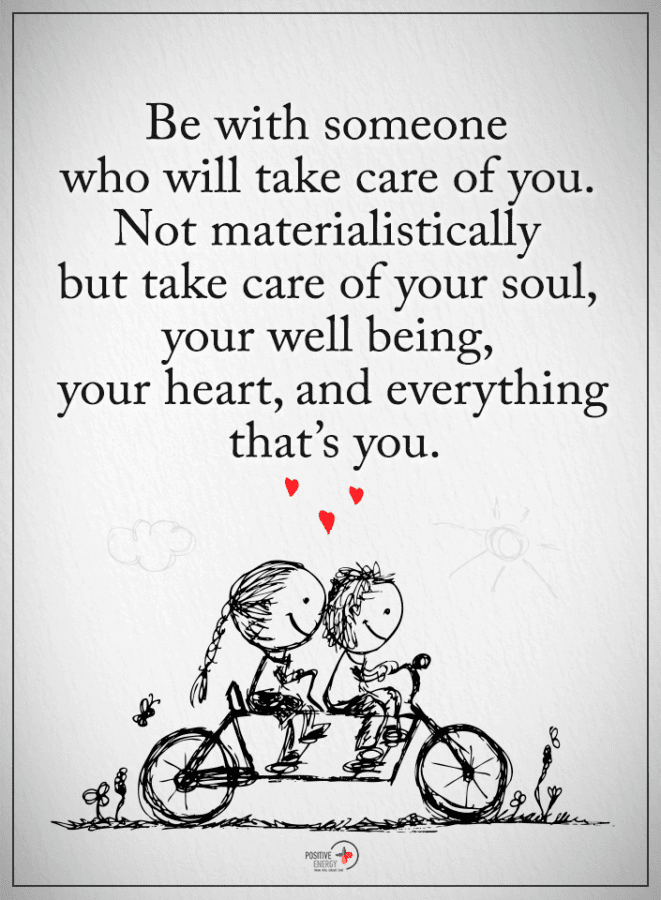You are on a first date. Everything is going well and suddenly you learn all about your date’s exes, medical background and their emotional roller coaster of a break-up. You have yet to learn something of value about your date, but you have passed the point of TMI and beyond. In a study by the State University of New York at Stony Brook, Arthur Aron researched individuals in new relationships and what brings them closer to establishing other dates. He asked about the subject matters that were great in creating unique dates. Certain controversial topics aid in the process of getting to know each other. When you avoid certain words, and start to share personal views, experiences, and opinions, the interest increases. There are certain words that should be avoided that create doubt, fear, and instability.
Related article: 7 Signs It Won’t Get Past The First Date
Here are 10 words to never say on a first date if you want a second one:
1. Maybe.
This word sounds like someone who has the inability to be decisive. “Maybe” leaves a lot open for suggestions. When you hear someone on a first date answer with “maybe’s” it’s as if they aren’t sure of what they want. You probably want someone who is sure of what they want out of life, or has some nice goal-oriented ideas.
2. Break-up.
No one really wants to hear about your break-ups. They don’t want to hear how horrible the experience was and how you got here. In many cases, you feel as if you are the rebound individual that will pay for that previous relationship. It’s best to just leave the who drama of the past out of the first few dates. Your date definitely does not want to hear about your heartbreaks.
3. Ex.
Exes are past experiences. Leave them in the past. Don’t go around sharing on your first date about what your ex did or didn’t do. Don’t share how you went to the same restaurant. Too much comparison lets your date know that you aren’t ready to move on. You are trying to establish a healthy impression, so bringing up the exes in no way gives you brownie points.
4. Googled.
Being told that you were Googled is a little unnerving. Are you a hacker? Are you obsessive? Research being done before you get to a date is fine, but don’t share it so openly on your first date. Yes, in no way do you want to date a sociopath, but the idea is you made it to the date and that type of sharing doesn’t always go well. No one wants to know that you’ve checked their credit score!
5. PMS.
We’ve come a long way in our society, however hearing about your menstrual cycle is still a no-no on first dates. Men are still a bit squeamish about a woman’s reproductive system. This is one of those words that is too much information on first, second and third dates.
6. Debt.
Money is a very private matter and shouldn’t be discussed on first dates. And, when you over share about your debt, well that’s a disaster in the making. Debt says a lot about you. If that person doesn’t know you, it will create judgment about how you take care of your personal life. It’s best never to bring up what you owe or don’t owe on a first date. It’s also wise not to start asking anyone questions about their salary, expenses or finances in general.
7. Kids.
If you don’t have kids yet and start a date asking how many kids your date wants without even having your first kiss, most likely you will be seen as psychotic. No one wants to feel that they are participating in plan parenthood on the first date. It’s hard to establish comfort and humor on first impressions. Bringing up the subject of a future baby is pure tension.
8. Single.
You are on a date, but you share that you enjoy being single. You are having a blast as a single person. Why bother to plan for a second date. Most certainly your date will see that you don’t need anyone in your life. Continue to enjoy the single life!
9. Diet.
You go out to eat on a date and you start mentioning about your weight and diet. Weight fluctuations and body image is always an uncomfortable subject. There is a time and place to discuss nutrition and its benefits, and it isn’t on your first date, unless you are dating someone who is indeed a personal trainer or a nutritionist.
10. Therapist.
We all go through emotional issues in life. We have been brokenhearted and have returned to normal equilibrium, but to share your therapy sessions on your first date is a turn off. Your emotional stability will be in question. For the most part it will be a rejection. You don’t want to end up the subject of conversation to that person’s therapist, but you will when you don’t call for a second date.
We place a bunch of unnatural expectations when we meet someone for the first time. Find subjects that interest you and call for great intellectual conversations. You get to decide how much you want from this person by showing up and sharing the best parts of you. Dating is difficult, so avoid the negative parts and make it a memorable evening.
“Sometimes it takes a heartbreak to shake us awake & help us see we are worth so much more than we’re settling for.” ~ Mandy Hale,The Single Woman: Life, Love and a Dash of Sass









